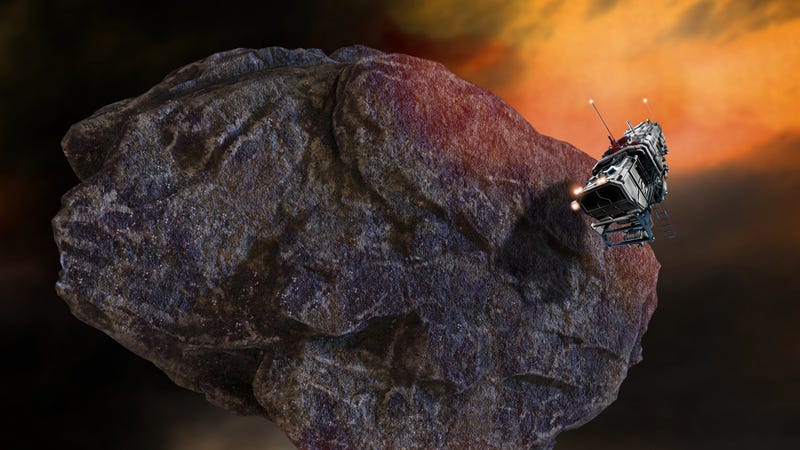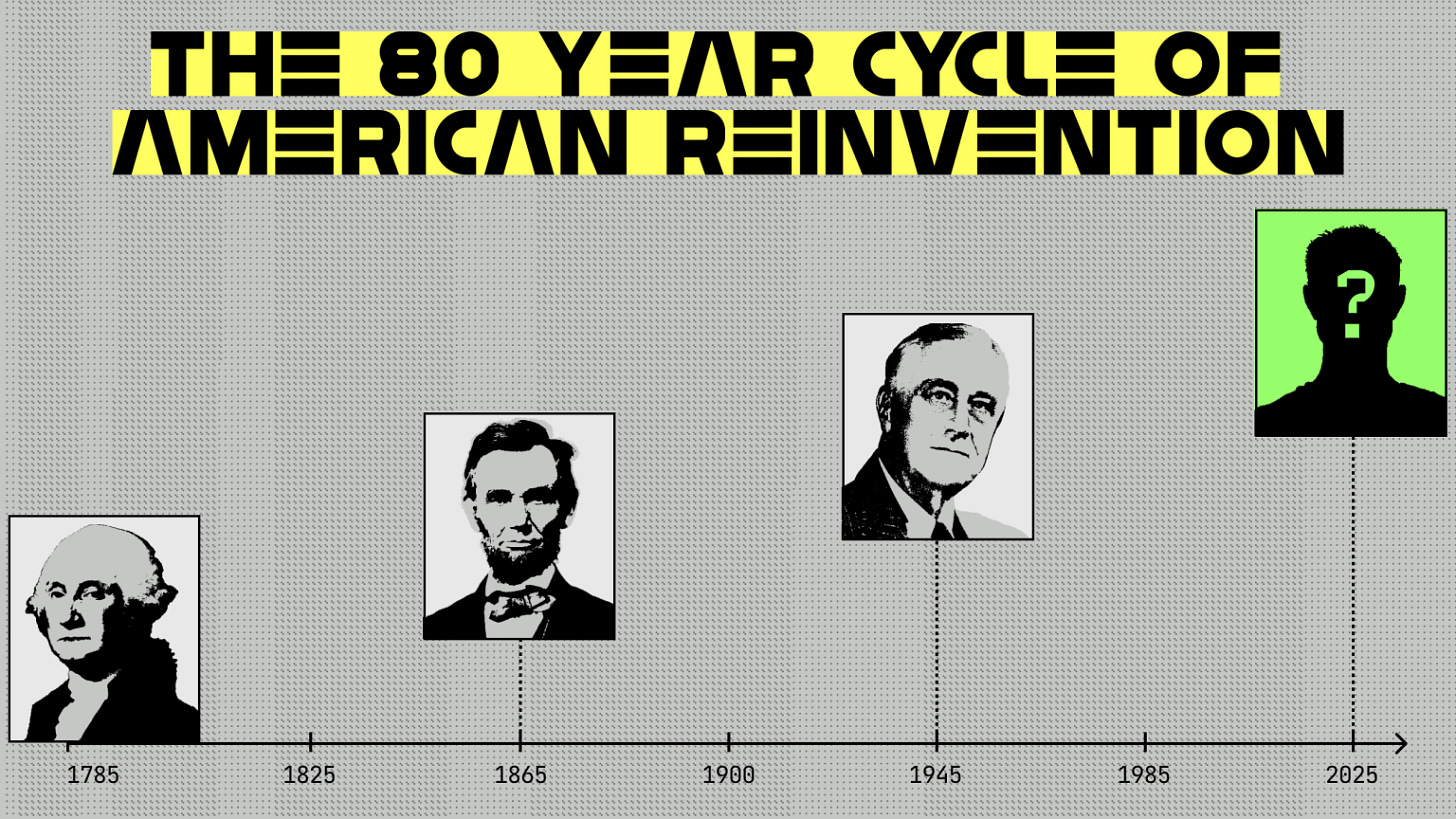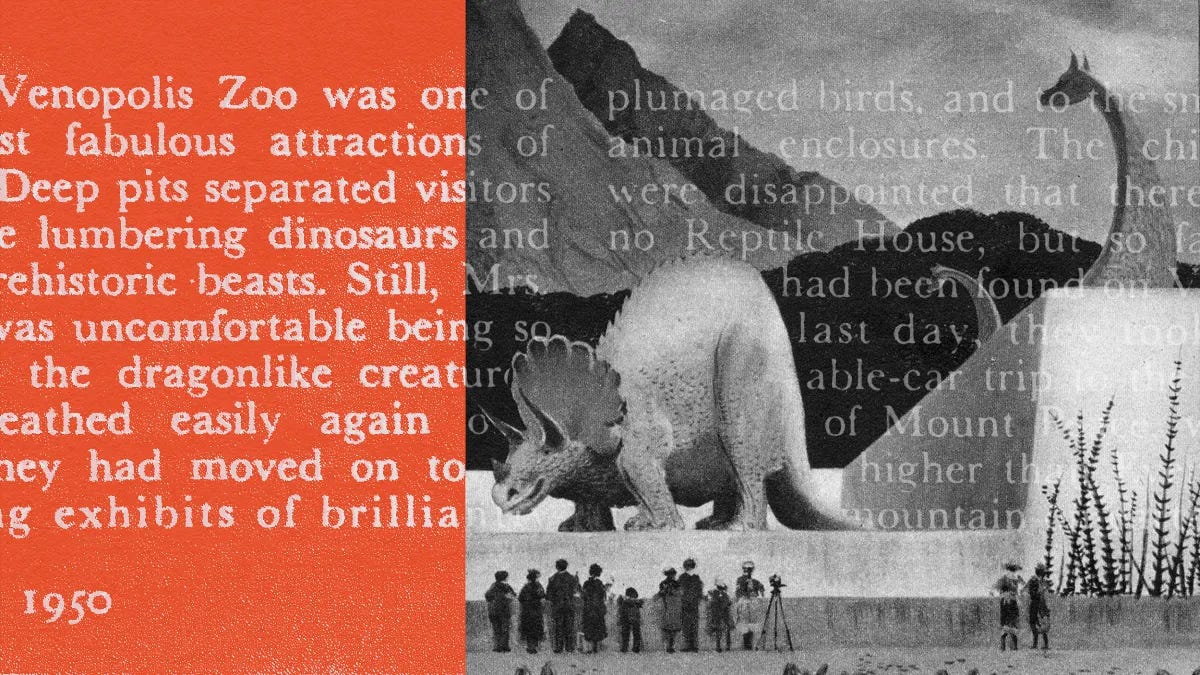🌎 Off-world mining
Could asteroids solve Earth's resource crisis? This company has a plan.
Hey Freethinkers,
I spent many hours this past week livestreaming the 2025 NFL Draft, hoping my beloved Steelers would select players who could help us dominate the league for years to come (and pass on the rookie QB sure to bring a media circus with him to Pittsburgh).
For NFL teams, draft day is all about calculating risk. Most picks are multimillion-dollar investments, and while college performance, combine metrics, and pro days can indicate a rookie will be worth the draft capital, some first-round picks become legends, while others are out of the league in four seasons.
The same is true for aerospace companies. Ground testing, computer simulations, and dress rehearsal can all point toward a mission being a success, but there’s always a chance something could go wrong after launch, and a failed space mission can mean losing millions or even billions of dollars.
That’s why most aerospace companies are famously risk-averse. But for this month’s Future Explored, I talked to the founder of a startup that’s taking a high-risk, high-reward approach to aerospace, the equivalent of trading up to take a boom-or-bust quarterback in the first round.
Also on deck: Freethink Voice Peter Leyden presents three explanations for America’s every-80-year reinvention cycle.
Read on,
Kristin
FUTURE EXPLORED
This startup is racing to mine the final frontier
In 2015, astrophysicist Neil DeGrasse Tyson made a bold prediction: The world’s first trillionaire was going to be the first person to figure out how to exploit the natural resources of asteroids. Despite this potential for riches, though, the asteroid mining industry is still in its infancy a decade later — no aerospace company has even reached an asteroid, let alone mined it. In the latest edition of Future Explored, AstroForge CEO Matt Gialich tells Freethink his startup has everything it needs to be the first to make asteroid mining a reality — including guts.
THE GREAT PROGRESSION
Why America reinvents itself every 80 years — and is doing so again
by Peter Leyden
When people talk about the idea of history repeating itself, it is usually in general terms: all empires rise and then fall, for example, and revolutions eventually lead to dictatorships. But something stranger has been happening in America since the nation’s birth: every 80 years, it experiences a period of reinvention, with its old systems giving way to new ones. Freethink Voice Peter Leyden shared this example of history repeating itself with uncanny precision in a previous edition of his The Great Progression: 2025 to 2050 series, and in this week’s article, he answers the question on many Freethink readers’ minds: Why 80 years?
FREETHINK VOICES
Why progress was so slow, for so long
Humanity has made tremendous progress over the past 250 years — life expectancy and literacy rates have skyrocketed, poverty and hunger rates have plummeted, and the world is generally just a better place for people to live than it was in the 1700s. The Industrial Revolution also kicked off about 250 years ago, suggesting that it deserves the credit for igniting this period of advancement, but in a new installment of his Techno-Humanist Manifesto series, Jason Crawford explains how progress really began millions of years earlier — and how it could soon accelerate to a rate never before seen in human history.
WORTH SHARING
How the search for dinosaurs on Venus exposed a warning for Earth
In 1900, the general consensus was that the planets in our solar system had formed one after another, starting with the one farthest from the sun and moving inward, and that each evolved in basically the same way. Because Venus was “younger” than Earth, people believed its surface likely looked like Earth’s did millions of years ago: covered in dinosaurs. However, when scientists sent spacecraft to study Venus up close in the 1960s, they discovered a hellish landscape unsuitable for any kind of life — and a warning about Earth’s future.















